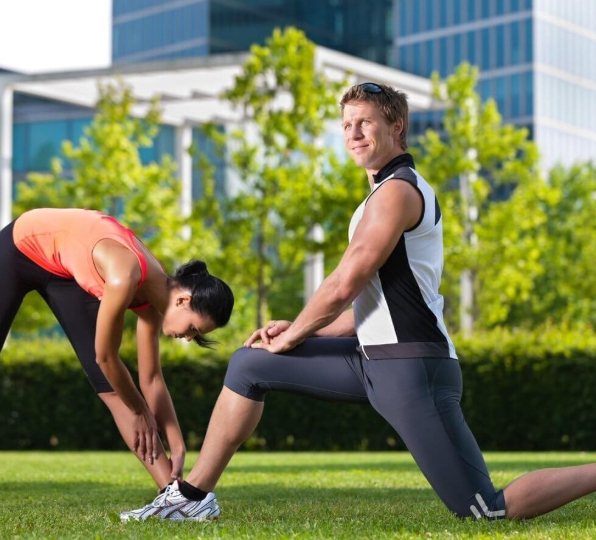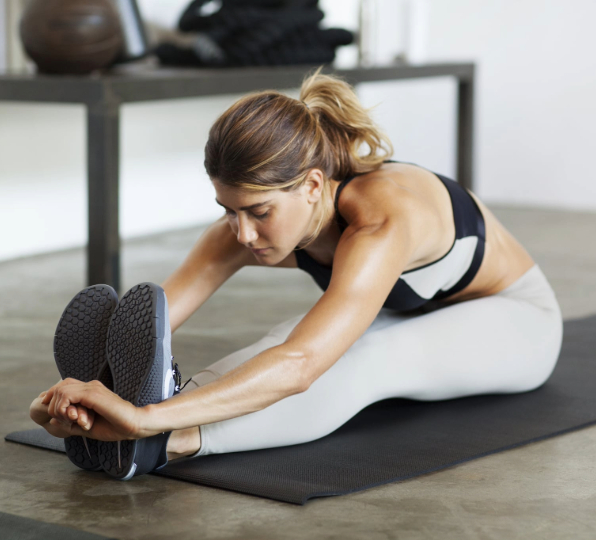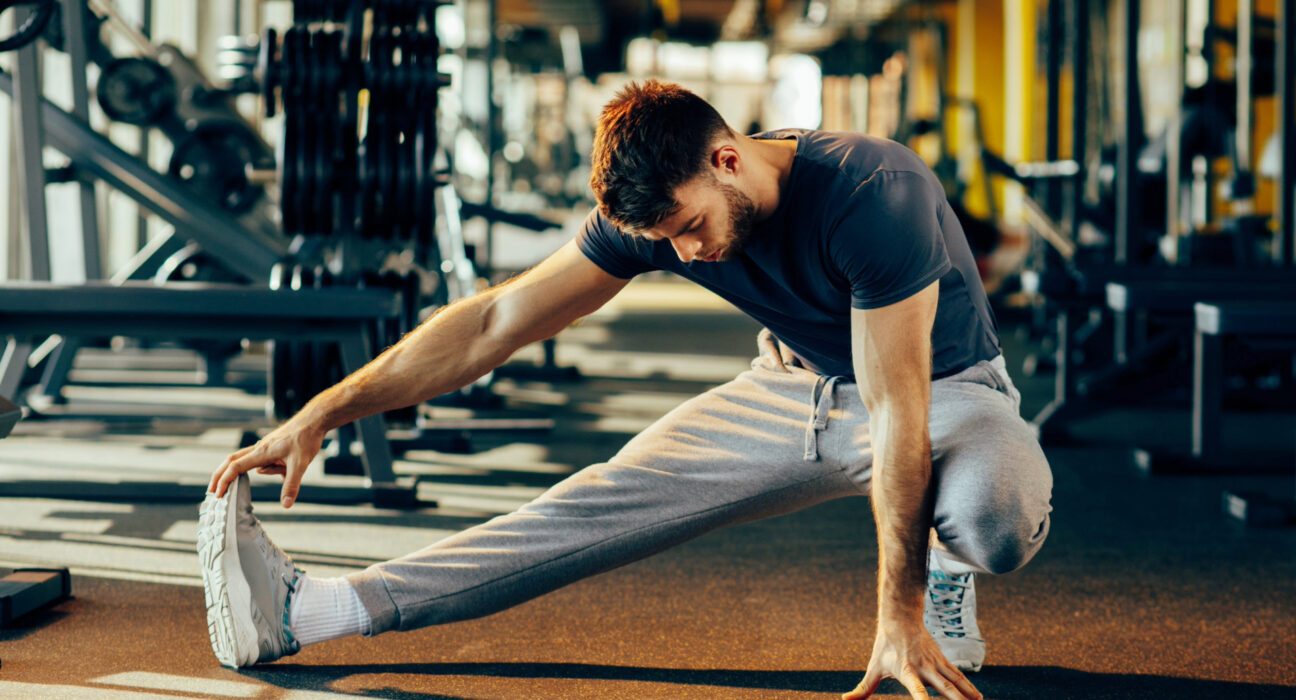Introduction:
The combination of martial arts and exercise offers a distinctive and revolutionary way to achieve holistic well-being in the always changing world of fitness. Beyond the workouts, this dynamic pair combines discipline and exercise in a seamless way to create a holistic route to optimal health. In this investigation, we explore the various ways that martial arts and fitness intersect, combining physical strength, mental toughness, and a feeling of community.
1. Physical Fitness through Martial Arts
Martial arts, with their diverse range of forms and techniques, go beyond the conventional boundaries of exercise. Engaging in disciplines such as kickboxing, Muay Thai, or Brazilian Jiu-Jitsu not only provides an intense cardiovascular workout but also demands a combination of strength, flexibility, and agility. The fluidity and precision required in martial arts movements contribute to improved coordination and balance. These elements collectively sculpt a physique that is not only strong and agile but also well-rounded in its physical capabilities. Beyond the immediate physical benefits, martial arts training fosters long-term health by promoting cardiovascular fitness, muscle strength, and endurance. The holistic nature of these practices ensures that practitioners develop a comprehensive level of physical fitness that extends far beyond the confines of a traditional gym workout.
2. Discipline and Mental Focus
A strong bond between the mind and body is the foundation of martial arts. The discipline that practitioners learn in the dojo extends beyond its walls and into many facets of their lives. Martial arts training is structured and demands unwavering focus and self-control due to its carefully choreographed movements and emphasis on technique. Martial arts practitioners develop heightened mindfulness as they advance in their training, coordinating their mental concentration with their physical technique. Their performance in the martial arts context is improved by this mental discipline, which also benefits them in daily life. The capacity to maintain concentration, establish objectives, and endure despite difficulties becomes deeply embedded in the practitioner’s thinking, promoting resilience and personal development.
3.Stress Reduction and Mental Well-being
The strenuous nature of martial arts training provides an effective way to decompress. Whether you’re hitting pads, grappling, or doing complicated forms, exercise causes your body to release endorphins, which are naturally occurring mood enhancers. This helps to improve mood and mental health in general in addition to lowering stress. Furthermore, a lot of martial arts include breathing exercises and meditation techniques. These exercises not only improve physical performance but also give practitioners a peaceful, contemplative environment in which to decompress, gain mental clarity, and release tension from everyday life. Martial arts combine physical effort with mindfulness to create a special atmosphere where the body and mind cooperate to achieve balance and calm.
4.Social Connection and Community
Traditional workouts are solitary; martial arts training goes beyond that. Practitioners develop a strong sense of community through group classes, sparring sessions, and partner drills. Working out with others not only makes the exercises more enjoyable, but it also builds a support network that can be very helpful when facing obstacles. Practitioners develop a bond through their shared journey of mastering techniques and reaching personal goals in martial arts. This sense of camaraderie transcends the training area and cultivates a community in which people encourage and support one another. Martial arts practitioners’ overall well-being is greatly enhanced by the social connections they make during training; these connections offer a sense of support and community that goes beyond the health benefits of physical activity.
5.Adaptability and Lifelong Learning
Learning martial arts is a lifetime endeavor that involves constant self-improvement. People can select martial arts disciplines based on their fitness levels, personal objectives, and preferences thanks to the wide variety of styles available. Because of its versatility, martial arts can be practiced by people of all ages and backgrounds as a long-lasting and rewarding form of physical fitness. Martial arts practitioners are encouraged by the continuous improvement philosophy to take on new challenges, grow from setbacks, and persevere in their quest for mastery. This kind of thinking not only encourages physical development but also instills a lifetime love of learning and dedication to self-improvement.
6. Practical Self-Defense Skills
Practical self-defense techniques that enable people to defend themselves in everyday situations are frequently taught in martial arts training. Beyond the advantages for physical fitness, learning self-defense techniques increases self-assurance and situational awareness. Having the ability to react appropriately to possible threats improves one’s mental and physical toughness, which adds to one’s overall sense of safety and wellbeing.
7. Goal Setting and Achievement
Martial arts are by their very nature structured and involve a ranking or belt system. This framework promotes a sense of accomplishment and motivation by encouraging practitioners to set and pursue specific goals. In addition to offering observable indicators of advancement, moving up the ranks fosters a culture of excellence and a dedication to ongoing improvement.
8. Cultural and Philosophical Enrichment
Martial arts frequently have deep philosophical and cultural roots. Beyond just being about physical movements, many disciplines have historical and cultural significance. Martial arts practitioners can add a layer of intellectual and spiritual enrichment to their fitness journey by exploring and appreciating various cultures, traditions, and philosophies.
9. Body Awareness and Injury Prevention
Martial arts practice’s complex maneuvers and methods develop a more acute awareness of one’s body. By becoming aware of their body’s limits and capabilities, practitioners lower their chance of injury. In addition to improving performance, the focus on correct form and technique also fosters healthy movement habits that can help prevent injuries and promote joint health in general.
10. Lifestyle Integration
Martial arts often extend beyond the training space, influencing various aspects of daily life. The principles of discipline, respect, and perseverance learned in martial arts can positively impact professional and personal relationships. The mindfulness cultivated during training can translate into improved focus at work and a greater ability to navigate life’s challenges with resilience and composure.
11. Cross-Training Opportunities
One flexible platform for cross-training is martial arts. Many practitioners combine other types of exercise, like strength training, yoga, or aerobics, with their martial arts training. This variety keeps things interesting and fresh during training while also improving overall physical fitness and preventing monotony.
12. Accessibility for All Ages
Martial arts offer an inclusive fitness option suitable for individuals of all ages. Whether you’re a child learning discipline and focus, an adult seeking stress relief, or a senior maintaining mobility, there’s a martial art form that can cater to your specific needs and abilities. This inclusivity ensures that individuals can embark on their martial arts fitness journey at any stage of life.


Conclusion:
Martial arts fitness offers a comprehensive approach to well-being by combining discipline and exercise in a harmonious way. Combining mental clarity, social connection, physical fitness, stress management, and adaptability forms a holistic and transformative road map for optimal health.
The world of martial arts fitness beckons, regardless of your level of experience or preference for a fresh, innovative method. It’s a journey that nourishes the mind, builds community, and instills a lifelong commitment to growth and well-being—it’s not just about shaping the body.
Set out on this empowering journey of discipline and fitness, and watch as your body, mind, and spirit are transformed. Martial arts fitness is a way of life that spans the whole spectrum, not just an exercise regimen.












